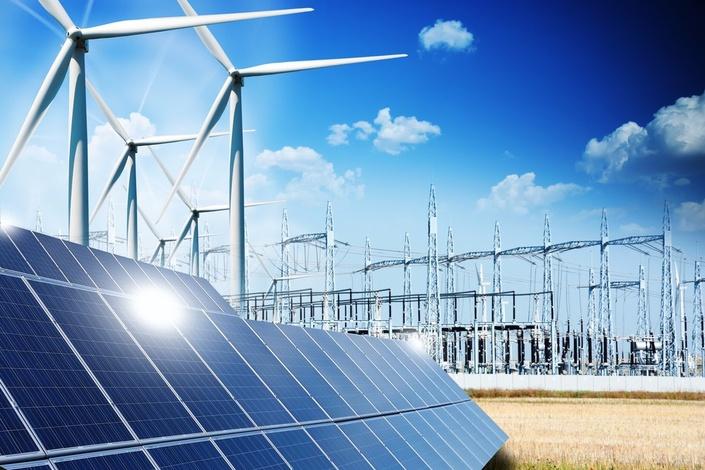BAKU, Azerbaijan, Nov.16
By Nargiz Sadikhova - Trend:
Kazakhstan, represented by the country’s Ministry of Energy, is constantly working on improving conditions for implementation of renewable energy sources (RES) projects, Member of the Directors Board of the Kazakhstan’s Solar Energy Association Yernar Bilyalov told Trend.
Certain target indicators for RES sector development were approved in Kazakhstan. Thus, target share of RES in total volume of electricity manufacturing is three percent till 2020, six percent till 2025, 10 percent till 2030, and no less than 50 percent by 2050.
According to Bilyalov, there is no doubt that history of solar energy projects implementation being only five years, the sector is facing challenges that are needed to be solved for further impulse of sector’s development.
Bilyalov outlined four points among key tasks for sectors development.
First - necessity of provision of available long-term funding denominated in national currency.
“In our opinion, in order to decrease RES auction process and the influence of these on the economy, availability of long term (up to 15 years) funding in national currency, the final rate of which will be no more than 10 percent. The development of programs for funding support of ‘green’ projects is possible here, as well as the introduction of a worldwide-known ‘green’ bonds,” the official said.
Second - necessity for promotion of introduction of small scale RES projects.
“One of the main challenges of RES development is unequal distribution of ‘green’ energy production, which in long term can lead to unbalanced load to the existing infrastructure. Taking into account a significant share of energy used for heating (up to 50 percent), promotion of small scale RES projects is necessary. Potential RES objects can be houses, farms, small and medium business, social facilities,” Bilyalov said.
Third - necessity to train employees for RES sector.
“Currently Kazakhstan’s curriculum does not include a program on RES, which is of high demand. Thus, a great deficit of local RES engineers is observed in Kazakhstan. However, there is a positive trend. Some universities include ‘non-traditional and renewable energy sources’ course as a part of their “electro-energetics’ program. A certain optimism also provides the fact that universities are themselves developing and approving educational programs with taking into consideration situation of the labor market,” the official said.
Fourth - tax benefits.
“Currently RES investments projects are exempt from customs tax and VAT on equipment import. However, the weak point of the entire RES sector is property tax, since 80 percent of expenditures on RES projects account for importing expensive equipment, which undergoes the procedure of balancing and become taxable,” Bilyalov noted.
He added that due to the investments in solar parks being from $10 million to $120 million and the property tax being 1.5 percent of the investment, the investors must pay from $120,000 to $1.5 million.
He noted that in this regard foreign countries take measures. Thus, this year Uzbekistan introduced unprecedented measures where RES objects were exempted of property tax for the period of 10 years and solar panels manufacturers were exempt from all types of tax for five years.
"Half of the US states offer complete exemption of property tax on RES objects, whereas other 16 states offer partial exemption, he added. “Kazakhstan’s RES system requires similar measures for support of investments activity.”
In conclusion, the official noted that the fact that these issues are being discussed in the government and the severity of these problems is understood in the country is very important.
---
Follow the author on twitter: @nargiz_sadikh






